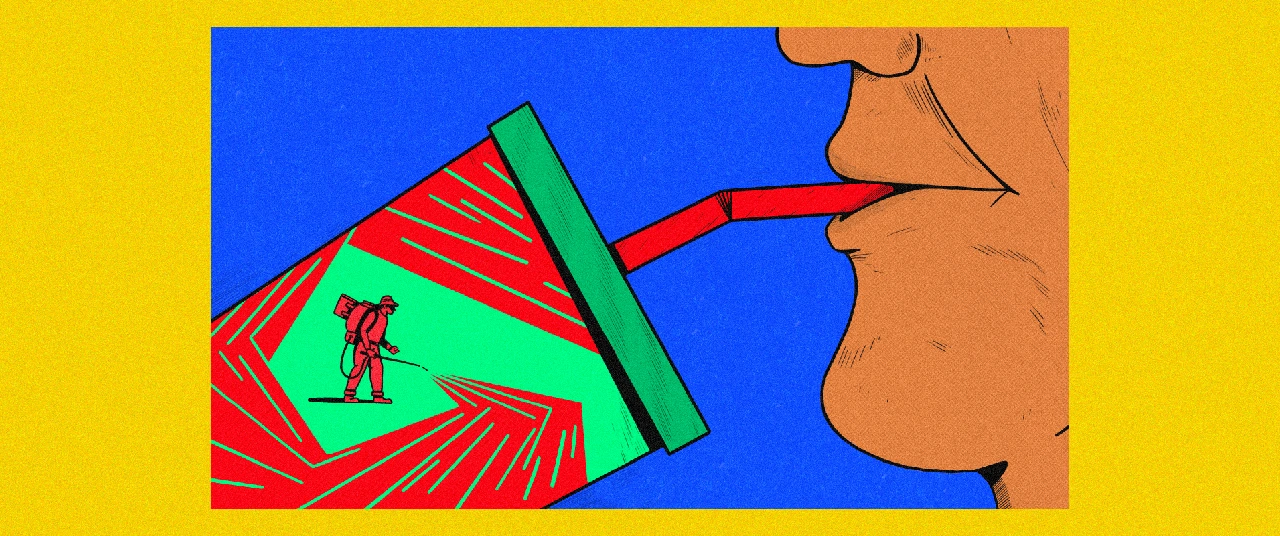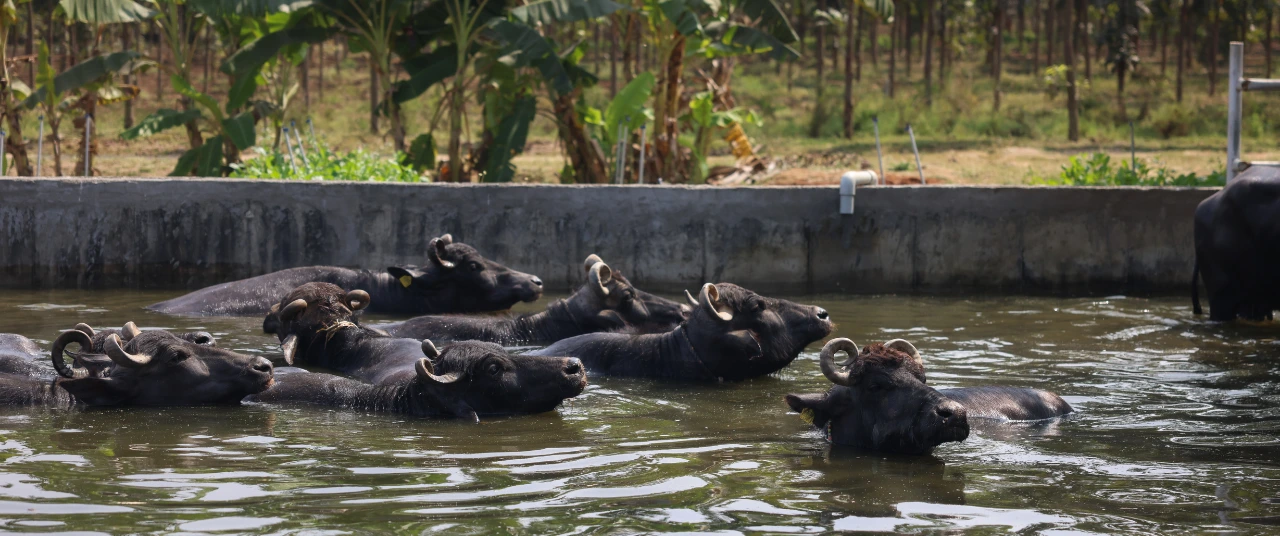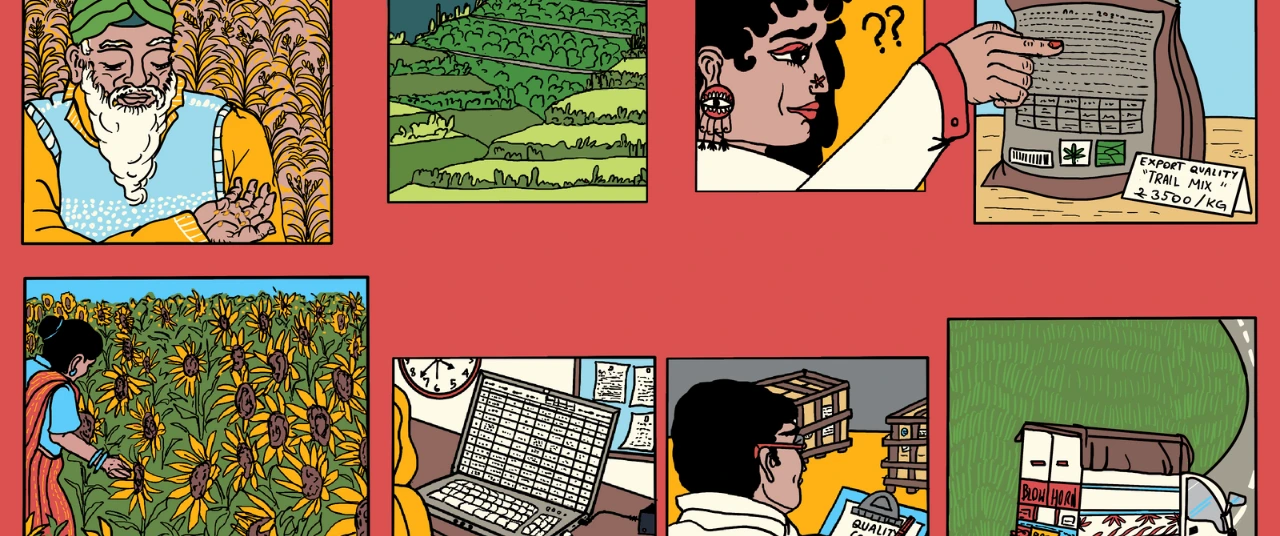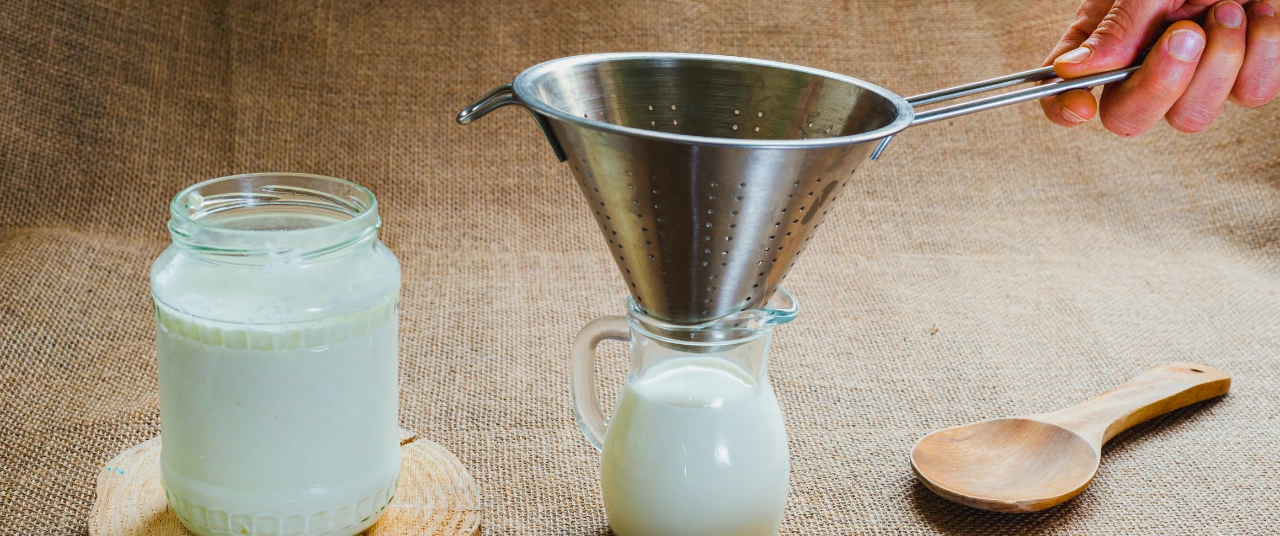Proper nutrition gives players the edge in mental marathons






Chess is an intense game that requires both physical and mental stamina. The loser not only faces physical defeat but also a blow to their pride. Both losses can be harsh—one physically and the other psychologically. Bobby Fischer, a former World Champion and one of the greatest chess players ever, loved seeing his opponent's confidence crumble.
Despite comprising only 2% of the body's mass, the human brain consumes 30% of our daily caloric intake. During intense chess tournaments, players can burn up to 6,000 calories. The high metabolic demand underscores the key role of nutrition in chess performance.
Breakfast for champions
A study by nutritional scientist Roberto H. Baglione, RD, found that 66.7% of Grandmasters eat at least three meals a day. However, 36.1% of them also skip breakfast often.
Baglione says skipping breakfast can hurt performance in mentally demanding tasks, including chess. Eating whole wheat bread, which has more fibre and complex carbs than white bread, keeps you full longer and maintains higher energy levels. It also helps prevent blood sugar spikes.
What you eat before a game matters too. If the food is hard to digest or you eat too much, more blood goes to your digestive organs and less to your brain, making you feel tired. To avoid this, Baglione recommends eating three hours before a game.
During matches, many players turn to quick energy sources like chocolate, dried fruits, and protein bars. Buttermilk is great for the middle of the game because it has lots of nutrients, helps with digestion, and keeps players hydrated and refreshed. Magnus Carlsen, the former world champion and highest-rated player ever, drank milk regularly during his intense 2018 game against Fabiano Caruana.
Some players supplement their diets with additional nutrients, particularly Vitamin B12, which aids in red blood cell production and may combat fatigue. Moreover, a majority of surveyed players incorporate regular physical activity into their training regimens. Baglione notes that aerobic exercise, with its endorphin-boosting effects, can contribute significantly to a player's overall well-being.
Chess as brain food
While the nutritional needs of chess players are becoming clearer, the cognitive benefits of chess itself remain a subject of debate. A large-scale study by the Education Endowment Foundation found no significant academic advantage for chess players in mathematics or English. However, teachers reported improvements in students' general life skills and behavior.
The findings align with research by Nuria Ciberia et al., which demonstrated enhanced quality of life and cognitive function—particularly in attention, processing speed, and executive function—among older adults who regularly played chess.
As the chess world continues to evolve, so too does our understanding of the close-knit relationship between nutrition, cognition, and performance. For players at all levels, a thoughtful approach to diet and exercise may just be the key to unlocking their full potential in this battle of minds.

Explore other topics
References
References:
1. BBC News. (2014, January 6). How to create a forest in your backyard. https://www.bbc.com/news/magazine-25491642
2. CNBC. (2019, September 20). What a chess grandmaster thinks about during each of his 15-minute moves. https://www.cnbc.com/2019/09/20/chess-grandmaster-diet-exercise-routine-before-tournament.html
3. Chess.com. School chess fails PR test. https://www.chess.com/article/view/school-chess-fails-pr-test
4. Guo, Y., & Sar, S. (2021). Psychological research in esports: A systematic review. https://www.sciencedirect.com/science/article/pii/S0197457221001701










